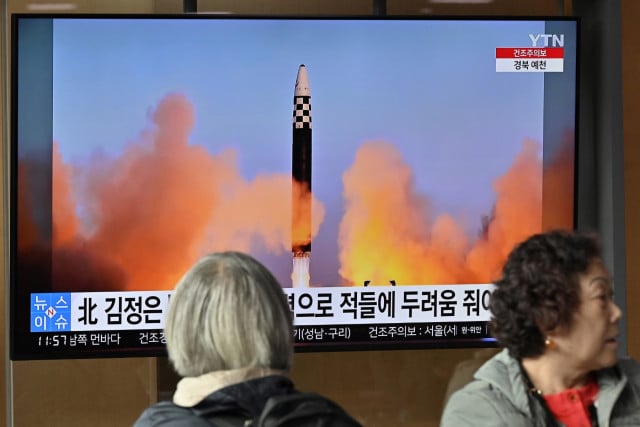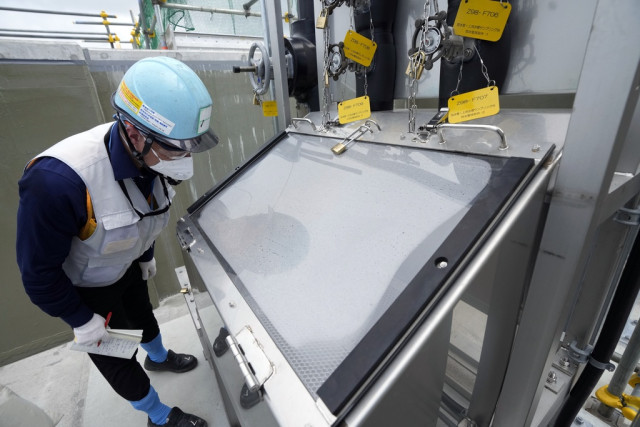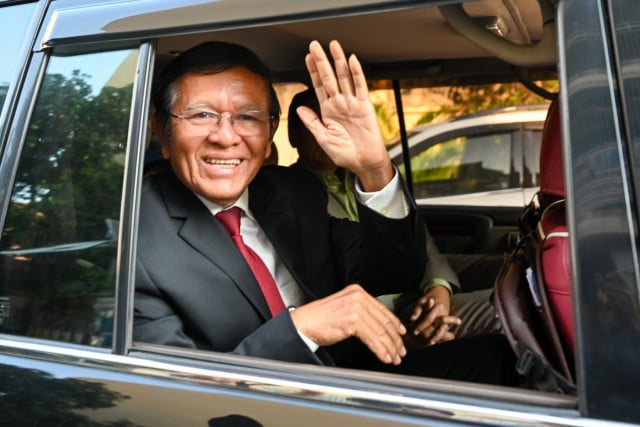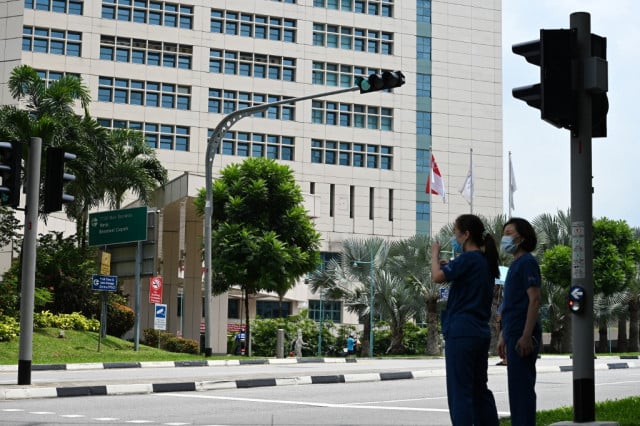North Korea's Missile and Nuclear Development: A Threat to Its People and Regional Security

- By So Channtha
- June 10, 2023 3:17 PM
North Korea has sustained the missile and nuclear development and launches for several decades despite facing international sanctions and diplomatic pressure. The program, ostensibly pursuing peaceful goals, is a facade for experimenting with ballistic missile technology capable of transporting nuclear warheads to adversary nations.
The missile launch, which North Korea conducted on May 31, 2023, was believed unsuccessful and constituted a provocative act that threatened the security of neighbouring countries. Furthermore, this action contravened resolutions passed by the United Nations Security Council.
Notwithstanding North Korea's leader Kim Jong Urn's self-promotion of his military accomplishments and efforts to enhance his domestic legitimacy, he is neglecting the predicament of his populace, who endure persistent food scarcity, malnourishment, and poverty. The financial resources allocated to North Korea's missile and nuclear programs amount to billions of dollars, which could be redirected toward enhancing the quality of life for its populace. Kim Jong Un perceives his missile and nuclear arsenal to ensure his survival and as a bargaining tool for potential negotiations with the United States and its allies. Additionally, he employs these tactics to galvanize domestic support and project a sense of resilience and determination.
However, this approach poses a significant threat not only to the stability of the region and global peace but also to the sustained viability of his administration. Kim Jong Urn's prioritization of his weapons over his people may lead to the alienation of his population and pose a potential risk of a humanitarian crisis, potentially undermining his legitimacy and stability.
If Kim Jong Un relinquishes his missile and nuclear aspirations and prioritizes enhancing his populace's well-being, he can reap many advantages.
Firstly, he can mitigate the distress of many North Koreans in dire need of humanitarian aid. According to the United Nations, the country needs humanitarian assistance for over 10 million individuals, which account for 40% of the total population. This year, the nation faces a cereal shortfall of 860,000 tons, resulting in an increased demand for sustenance among a significant portion of the populace. The COVID-19 pandemic has worsened the situation in North Korea, resulting in the closure of its borders and the cessation of trade with China, its primary source of economic sustenance.
Secondly, the leader could establish a platform for discourse and collaboration with the global community, which has consistently extended humanitarian and financial support on the condition of denuclearization. Through engaging in rigorous negotiations with the United States and its allies, Kim Jong Un has the potential to attain alleviation of sanctions, guarantees of security, recognition in diplomatic circles, and development aid, which could assist his country in overcoming its isolation and underdevelopment.
Thirdly, he could de-escalate the potential of a military confrontation that may result in catastrophic consequences for his nation and the neighbouring countries. The missile and nuclear tests conducted by North Korea have elicited significant responses from South Korea, Japan, and the United States, who perceive them as threatening to their security. In response, the nations mentioned above have engaged in joint military drills, implemented missile defence mechanisms, and enforced additional economic restrictions against North Korea. Additionally, South Korea may start developing or deploying nuclear weapons with U.S. support. Following this, Japan may also seek nuclear weapons development to secure itself. The escalation of tensions has also augmented the likelihood of erroneous judgments or inadvertent incidents that may instigate an armed conflict in the region.
To sum up, North Korea's pursuit of missile and nuclear development is a foolish and harmful policy that endangers both the security of the country's citizens and the region. North Korea should relinquish its pursuit of missile and nuclear capabilities and prioritize the enhancement of the well-being of its citizens. The international community has repeatedly offered to provide humanitarian and economic aid by the international community in exchange for denuclearization. Implementing such an agreement would benefit the North Korean populace and foster opportunities for dialogue and cooperation to achieve peace and stability in the region.
So Channtha is a lecturer of Politics and International Relations















